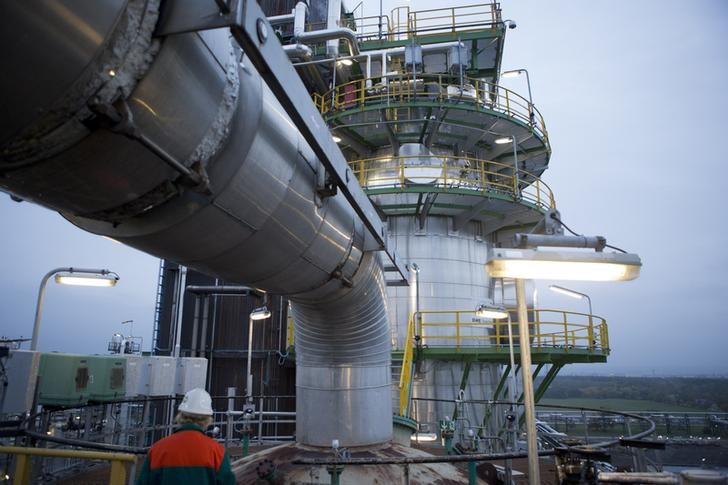By David Ljunggren
OTTAWA, April 5 (Reuters) - Canada needs a single federal authority to assess the potential impact of major projects such oil pipelines and mines, a move that could help quell environmental protests, an official panel said on Wednesday.
Responsibility for examining the potential impact of projects on federally-regulated land in Canada is shared between three separate entities, a much-criticised system that the Liberal government says the public does not trust.
Protracted protests last year forced Ottawa to veto one major pipeline from Alberta's oil sands to the Pacific Coast and are dragging out study of another line to the Atlantic.
The panel called for the creation of an independent federal Impact Assessment Authority, which would pay more attention to both the long-term implications of a project and the views of aboriginal populations.
"If there is trust in the authority conducting the impact assessment, the outcome is more likely to be considered fair and thus be accepted by all parties, even if their particular positions do not win the day," the panel concluded.
Critics are particularly unhappy that oil and gas projects are assessed by the National Energy Board (NEB), which is also the federal energy regulator. The panel said some people feel the board was biased towards the industry.
Environment Minister Catherine McKenna, who appointed the four-person panel last year, told reporters she would take the recommendation to create a single assessment body seriously.
Reuters reported last year that the Liberal government would consider stripping the NEB of sole oversight for new projects as part of reforms it hopes to have in place by 2018. needs to get its landlocked crude to its east and west coasts to avoid pipeline bottlenecks that leave Canadian oil trading at a discount.
Even if the new body were created it would have little immediate impact on the energy sector. McKenna says existing projects, such as TransCanada Corp's TRP.TO proposed Energy East pipeline from Alberta to the Atlantic Coast, will be assessed by the NEB under current rules.
The Canadian Association of Petroleum Producers, the main energy industry umbrella group, largely welcomed the idea of a single assessment body.
"Transparency in decision-making, evidence-based (conclusions), those are things we absolutely agree with," CAPP executive vice-president Terry Abel said by phone.
